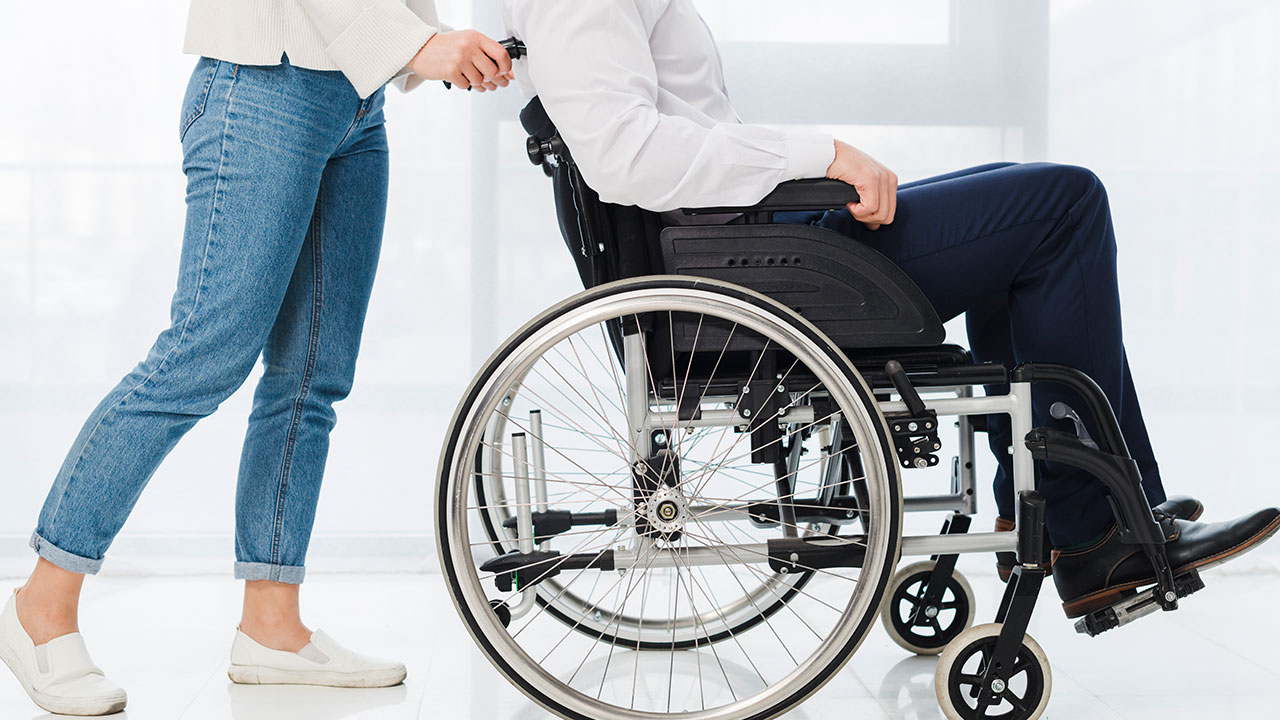We rarely think of the notion of guardianship when reflecting on decisions we need to make regarding our lives.
Often, we have plans for our health, accidental care, disability, investments, and insolvency, but rarely do we look at the need to have a guardian in place to manage the above if we become unable to do so ourselves. Traditionally, this sort of relationship is expected between a parent and child or a legally appointed adult that may oversee the care and well-being of a child. This person would be responsible for any legal decision making required for the minor. There are, however, instances when a person over the age of 18 may require legal guardianship. As briefly mentioned, these include when a person is either incapacitated (e.g. in a medically induced coma) or disabled (here on referred to as the ward).
Why Would a Ward Require Guardianship?
In circumstances in which a person’s ability to make decisions regarding their health and finances is compromised by that of their physical or mental ability, the court may rule that it is necessary to have a guardian who may act as a decision-maker in their place. The court may, in turn, choose and appoint a guardian to oversee the ward, given that the ward has not appointed a designated person for power of attorney.
This decision-maker would then be legally liable for managing the ward’s health and finances.
When Is a Ward Seen As Not Having the Capacity to Make Legal Decisions?
A lack of the capacity to make legal decisions occurs when the ward’s physical/mental disability or condition creates a lack of understanding and a general inability to communicate decisions regarding his/her health and finances, for example, a person with severe cerebral palsy, or an older adult with dementia.
What Role Does a Guardian Play?
Guardians would be held legally responsible for the care of the ward. They would stand as the decision-maker for matters of health and finance, for example, assisted care, and management of real estate and investments, and financial liabilities. With the vastness of decision-making responsibility that falls on a guardian, it becomes somewhat concerning not having full control of whom a court may appoint, in the unfortunate event that you may end up incapacitated or disabled.
It is with this concern that we suggest speaking to your legal counsel on steps you can take to ensure that you have a guardian selected if faced with disability or incapacity. If you are looking for more information, or have further questions on how selecting a guardian may benefit you, give us a call 650.261.9791
References



